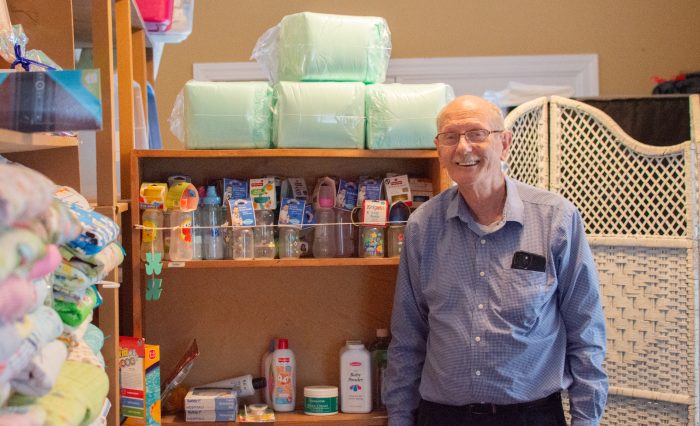Freeze has dire effects
Published 12:00 am Wednesday, April 11, 2007
Recent freezing temperatures have caused a devastating loss to one of Kentucky’s largest orchard owners.
Bill Jackson, owner of Jackson’s Orchard, can’t find a live bud in the 45 acres of apples or 35 acres of peaches at his farm at 1280 Slim Island Road.
Trending
Jackson said he has never before had a complete freeze loss in his 42 years of operating in Bowling Green. Yet, as temperatures went below freezing last Thursday and dipped in the lower 20s over the weekend – according to Don Kirkpatrick, spokesman for the National Weather Service in Louisville – that’s exactly what he found.
“It’s a 100 percent loss,” Jackson said. “The peaches and apples that were on the trees were past bloom. When we had cold temperatures it just froze them, and when (that happens) it kills them. There’s only one set of buds a year, so when you lose that one set, there’s no second chances.
“Apples and peaches are 99 percent of the crops we grow,” Jackson said.
Now, Jackson is just hoping his trees don’t die. Though the leaves are black and wind-burned, Jackson is fertilizing the trees to save them for next year’s crop.
“We need this rain badly that’s coming. … We need to get the trees back to healthy so we can worry about next year’s crop,” Jackson said.Some cherry and plum trees were also affected, though those crops are minimal.
Jackson is one of several orchard growers in the state affected by the recent freeze, according to the Kentucky Department of Agriculture.
Trending
Agriculture Commissioner Richie Farmer has asked Governor Ernie Fletcher to seek disaster relief from the U.S. Department of Agriculture.
“We need to stand beside our state’s orchard growers and do all we can to help them in their time of need,” Farmer said in a statement. “Unfortunately, Kentucky’s apples and peaches are in the same boat with those in the rest of the Midwest. They’re completely devastated.”
Charles Miles, owner of Miles Orchard at 2486 Boiling Springs Road, thought he would plant early and get his crops growing, only to find his small orchard of three apple trees, sweet corn and various flowers wiped out Friday.
About half an acre, Miles Orchard has existed since 1967, Miles said this morning.
The KDA said Boyd Orchard in Versailles also suffered a total loss, but Gallrein Farms in Shelbyville remains unscathed.
Boyd Orchard co-owner Bill Gallrein Jr. told the KDA he doesn’t think the low temperatures have affected his strawberry crop because they weren’t far enough along in the growth cycle.
Farmers who have losses from recent freezing weather should fill out a notice of loss and file it with their local Farm Service Agency office.
The form is filed under the Noninsured Disaster Assistance Program, but producers who did not purchase the coverage should still file the form, said Jeffery S. Hall, state executive director of the agency, which comes under the U.S. Department of Agriculture.
“We are doing everything we can at FSA to help farmers recover from the losses brought by freezing temperatures,” Hall said. “I’m encouraging all producers to contact their local FSA office as soon as possible so they can report their loss.”
Meanwhile, Jackson is anticipating prices for apples and peaches to rise.
“They’re going to be higher,” Jackson said. “I don’t know where peaches will come from. There’s no supply. Maybe the people in California or Georgia will benefit from it.”
As far as apples are concerned, Jackson anticipates apple growers in Washington, Michigan or New York to benefit from the recent cold snap that shrunk fruit supplies in the Midwest.
Jackson said he, along with all the fruit growers in the state, will meet Monday at an orchard in Mount Sterling to decide what to do next.
“In 42 years, we’ve never had a situation like this, we’ll just have to work our way through it. There’s no easy answers,” Jackson said.
Kentucky produced 4.7 million pounds of apples and 650 tons of peaches in 2005, according to the most recent numbers from the KDA. Producers took in $2.16 million from the sale of apples and $650,000 from the sale of peaches that year.






